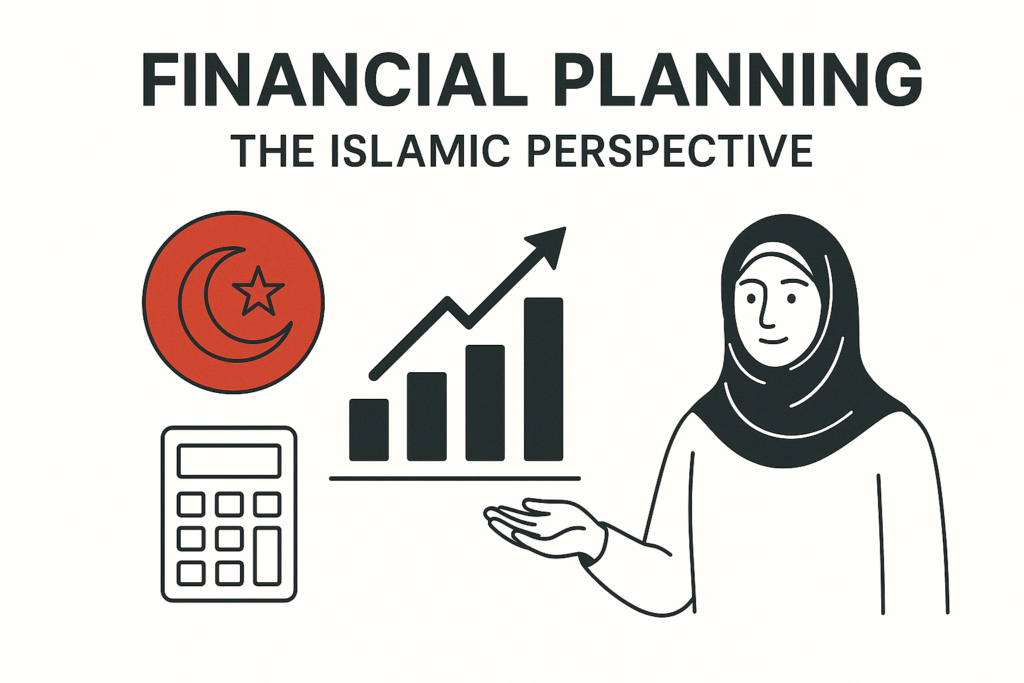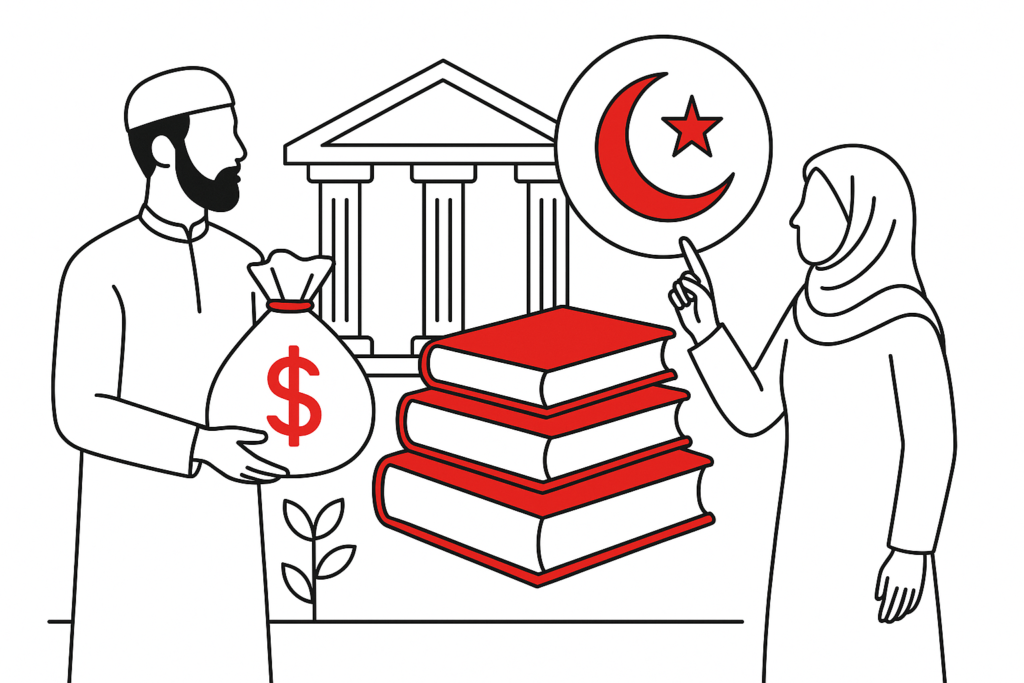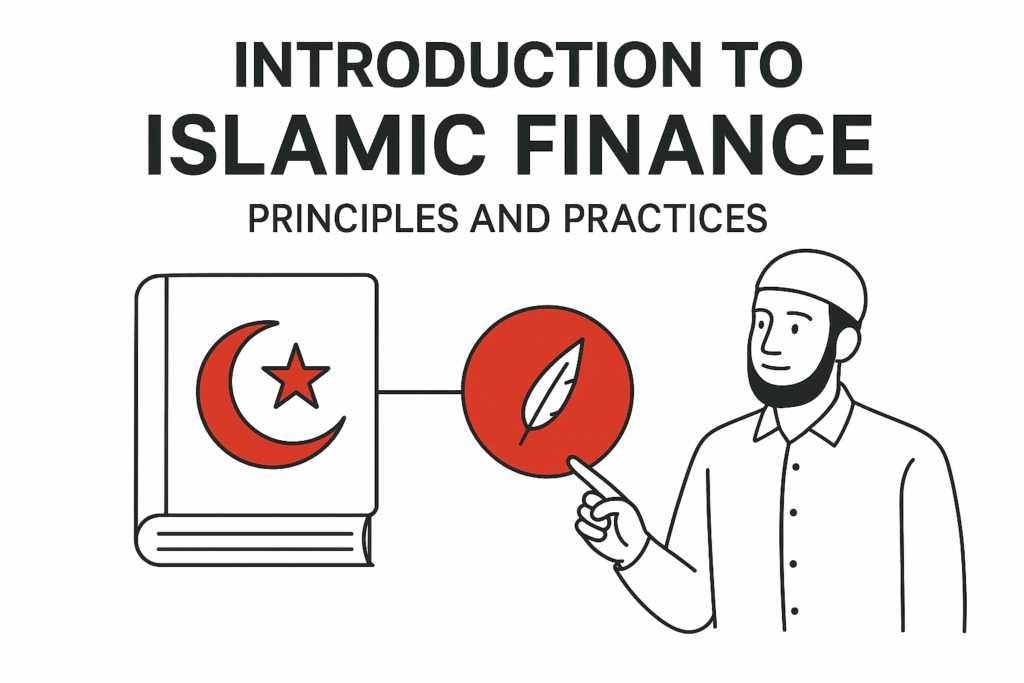Financial Planning, The Islamic Perspective

Every individual has certain needs for which they either spend the money from their income, or save it. We spend on things that we think we need at the moment or within a foreseeable timeframe such as maintaining our home, buying a vehicle to commute, children’s education, healthcare, travel and other leisure activities. On the other hand, we tend to save up for a dream home that we have in mind, potential engagement or marriage plans, college education, retirement and at times, an emergency fund.
One well-known form of financial planning that anyone can apply is the 50/30/20 rule of thumb. Individuals divide their income as per the following. 50% of the funds should be devoted to NEEDS or NECESSITIES that are vital for survival. 30% can be put aside for WANTS, where the money can be used on things that are not absolutely necessary for survival and lastly, SAVINGS will be comprised of 20% of the income.
Let us take an example of a married couple with a child that earns a combined after-tax income of $5000. Their basic necessities include house rent, utilities, groceries, Takaful for health and their car, as well as their child’s education and so $2500 will be set aside, which is 50% of their income. Around $1500 is to be spent on family vacations, leisure activities, extracurricular activities which make up 30% of the income. The couple decides to save 20% in their savings account each month, totalling to $1000, for a possible bigger house, college education, retirement and emergency funds.
In Islam, planning effectively for the future is highly encouraged as Allah has mentioned in Verse 18 of Surah Al Hashr: “O you who have believed, fear Allah. And let every soul look to what it has put forth for tomorrow – and fear Allah. Indeed, Allah is acquainted with what you do.”
In his hadith, Prophet Muhammad (Peace be upon him) also encouraged Muslims to prepare for the future: “A Muslim should prepare himself for the next world as if he is going to die tomorrow, but at the same time work hard to improve all his worldly comforts as if he is going to live forever.”
Poverty is considered to be a cause of the reduction of faith and practice by many Islamic scholars and so financial planning is important in protecting one’s family. Securing one’s finances in the present as well as in the future is seen to have a deeper spiritual effect.
According to Islam, wealth does not belong to any particular person but held in trust for Allah. The way wealth is managed and used determines a person’s life in the Hereafter.
Islamic financial planning strives to avoid excesses and unnecessary conditions of debt, and to shift the balance of income and expenditure more towards the income part. Priority would be given to the basic necessities and things that ensure the protection of one’s religion, life, lineage, intellect and wealth. When expenditure is less than the income generated, the person will be in a surplus position, which is highly desired.
To conclude, financial planning is highly essential for individuals in their everyday lives. For Muslims, the availability of Shariah-compliant financial planning is a major plus which will help in both, efficiently allocating funds where necessary as well as providing them with ease in knowing that the Shariah guidelines are met.





